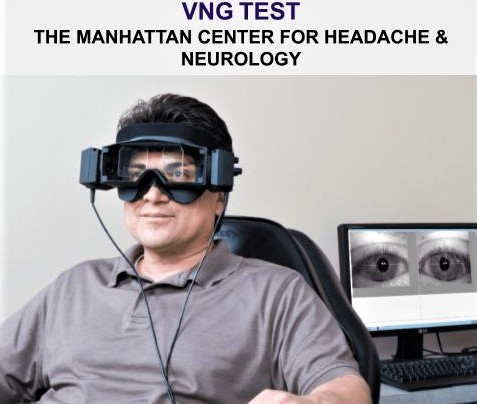
The sensation of vertigo or dizziness can be the result of different disorders. The first steps a health care provider takes is to identify a possible cause of the patient’s dizziness. Specifically, if the dizziness the patient is reporting is coming from the peripheral vestibular system (the labyrinth of the inner ear, and the pathways/nerves connecting to the brainstem) or the central vestibular system (the brain and brainstem). Examples of central vestibular disorders include Migraine-Associated Dizziness (vestibular Migraine), Vertebrobasilar Ischemic Stroke and Vertebrobasilar Insufficiency. Examples peripheral vestibular disorders include: Meniere’s Syndrome, Benign Paroxysmal Positional Vertigo, Vestibular Neuronitis, Labyrinthitis, Vestibular Schwannoma, Perilymphatic Fistula, Superior Semicircular Canal Dehiscence Syndrome or Trauma.
Being able to find the vestibular system involved is key in helping the healthcare provider decide on further testing, determine the urgency of the symptoms, and develop treatment plans. This is done by having the patient completing a VNG test or Videonystagmography. VNG is a test that measures a type of involuntary eye movement called nystagmus that occurs when someone is dizzy. Nystagmus is the result of the brain getting conflicting messages from the eyes or the balance system in the ear. These movements can be slow or fast, steady or jerky. Certain movements are consistent with either a disorder of the peripheral or central vestibular system.
During a VNG test, the patient will sit in a dark room and wear special goggles. The goggles have a camera that records eye movements while the patient completes a variety of tasks with the technician. While wearing the goggles the patient will be asked to follow objects with their eyes that jump from place to place, standstill, or move smoothly. The technician will also gently move the patients head and body into various positions and blow cold and warm air in the inner ears. Overall the test is fairly quick and noninvasive. VNG testing is offered at the
Manhattan Center for Headache and Neurology and our staff is knowledgeable in diagnosing and treating different dizziness disorders.
Caroline Pruski, NP
